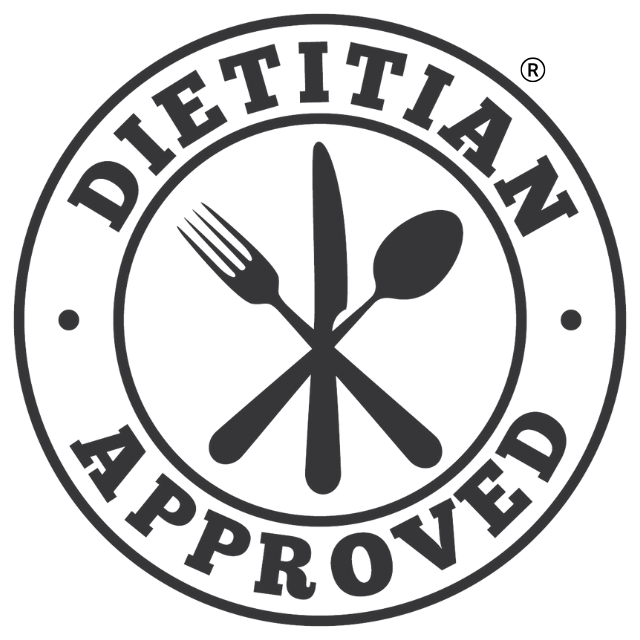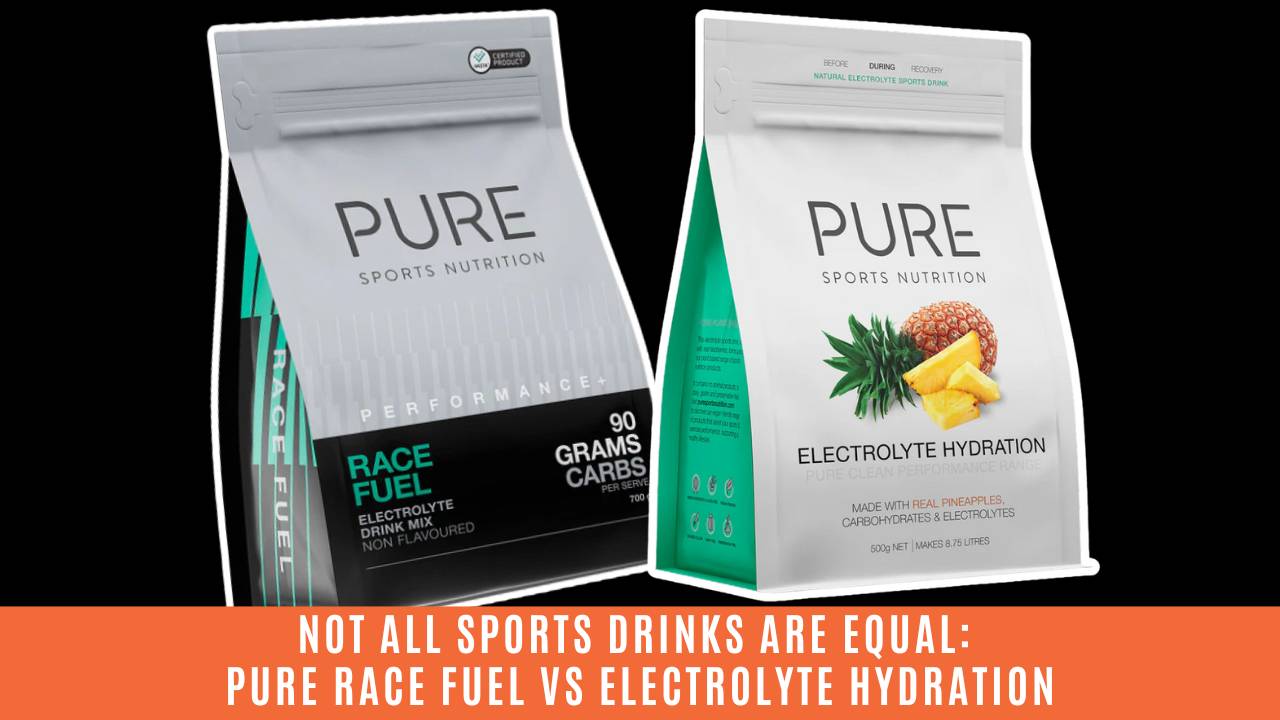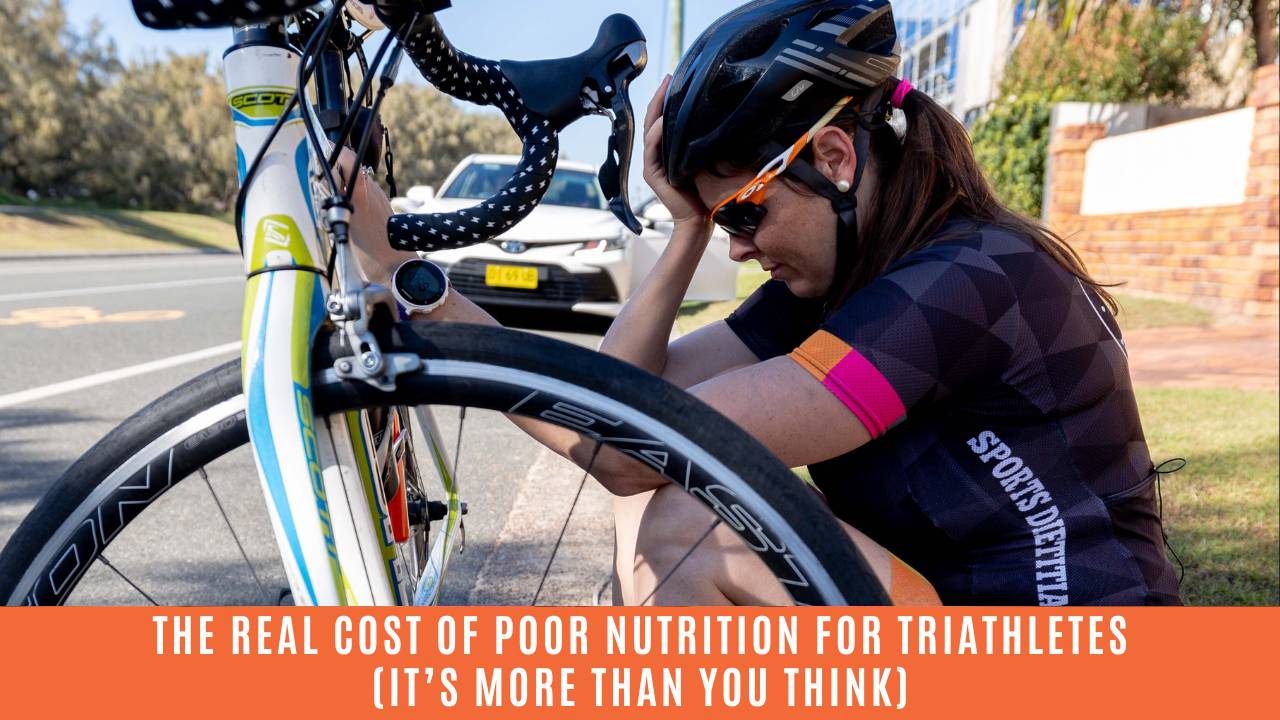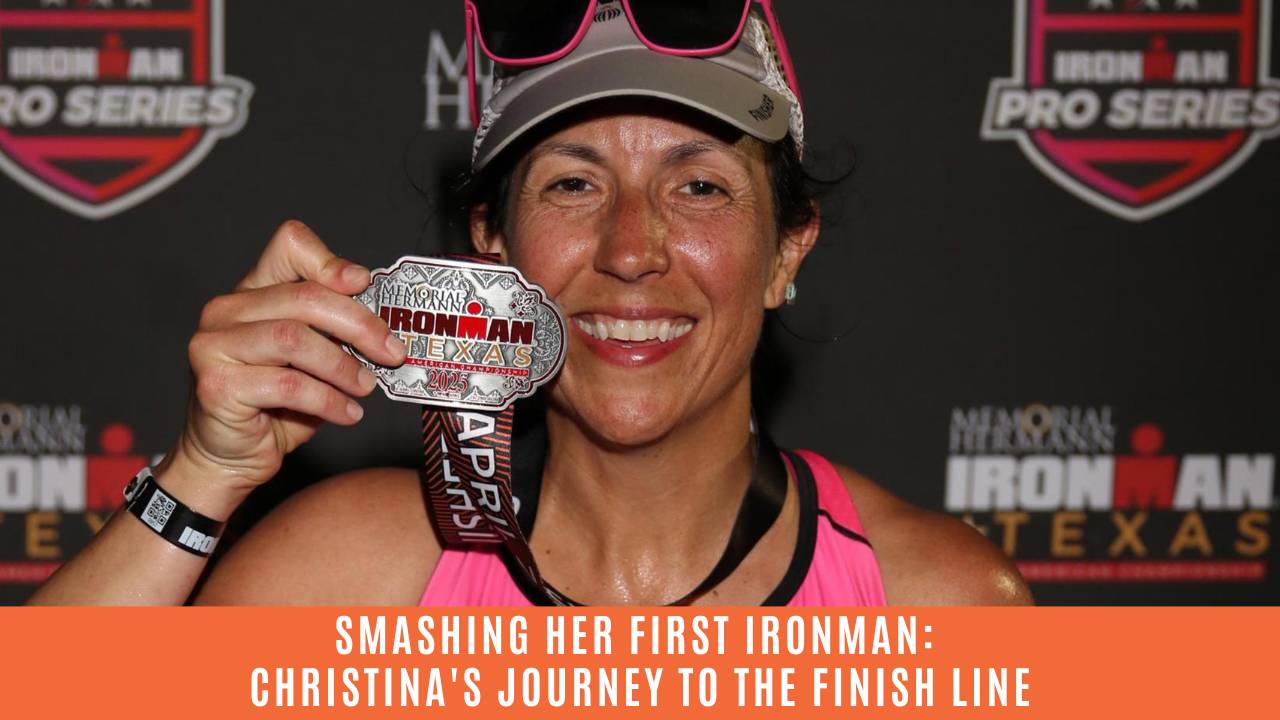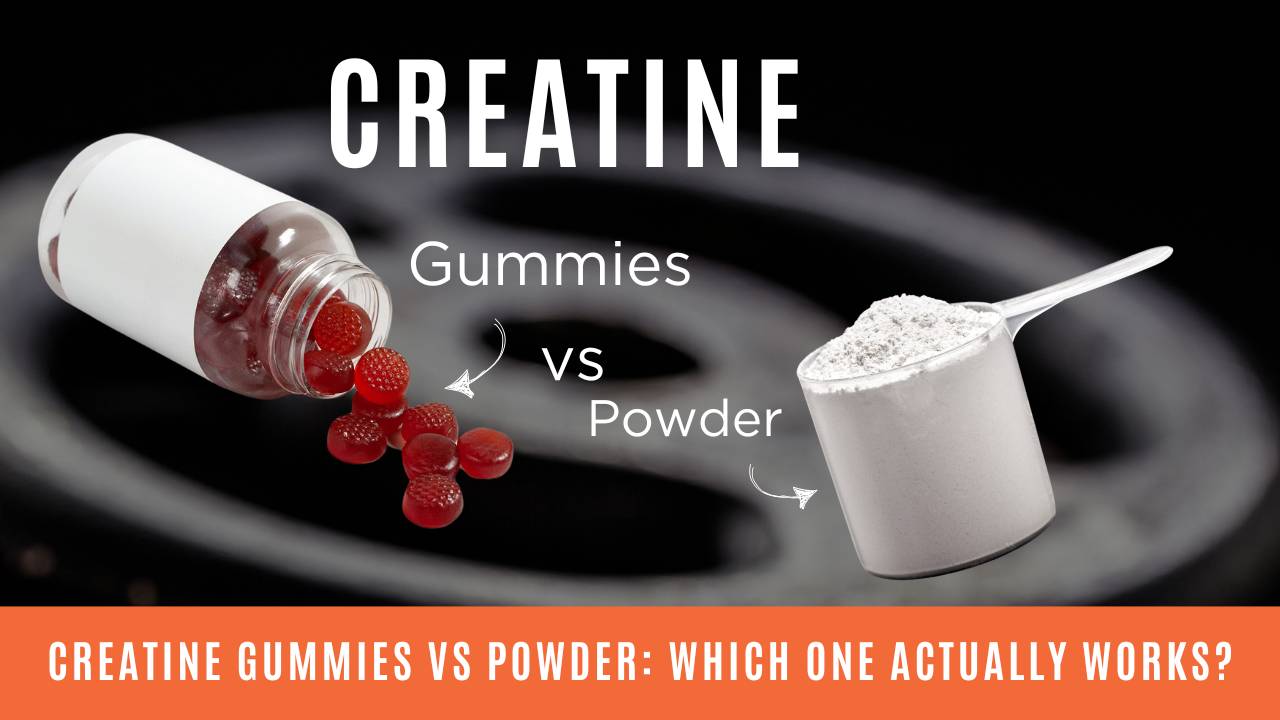Triathlon Nutrition Blog
Feel Like You’re Training Hard But Still Underperforming?
If you're smashing out sessions, eating ‘healthy’ and still not seeing the results you deserve—you're not alone.
As a sports dietitian working exclusively with triathletes, I see the same problems time and time again. In this post, I'm walk...
18 years ago, Kathleen dipped her toe into the world of triathlon, then life, winter training and family demands got in the way. When she finally returned, she knew she needed to do it differently.
She didn’t want to spend another season second-guessing her nutrition or dealing with stomach issues ...
When Kelly Estes returned to triathlon after years away, he quickly realised that training alone wasn’t going to cut it. He had tried to piece together his nutrition using articles, YouTube videos and podcasts, but nothing quite clicked.
💬 “I didn’t find that sweet spot until I found the Triathlon ...
Are You Training Hard But Still Underperforming?
If you’re an age-group triathlete smashing big training blocks, chasing PBs and wondering why your results don’t match the effort, this one’s for you.
In this post, we dive into how Troy Bauerle went from regular injuries and average race results to...
If you’re a triathlete chasing performance, you already know nutrition is your fourth discipline. But here’s a hard truth: not all sports drinks are created equal - and choosing the wrong one could mean GI issues, under-fuelling or simply bonking at the worst possible moment.
In this deep dive, we’...
When Samantha Zeps first got into triathlon, she never imagined she’d be standing on the top step of the podium — let alone qualifying for the Ironman World Championships in Kona.
A full-time professional, busy mum and dedicated age-group athlete, Sam was already training hard and showing up consis...
You’re training hard. You’ve got your swim, bike and run sessions scheduled in, maybe even some strength training. But if your nutrition isn’t dialled in, you could be flushing all that hard work down the drain.
In this post, I want to shine a light on something most triathletes never calculate: th...
Completing an Ironman isn’t for suckers. It's something that many triathletes dream about and today, I want to share the story of one of my Triathlon Nutrition Academy athletes, Christina, whose journey to the finish line of her first Ironman is truly inspirational.
Christina isn't a professional ...
You're logging endless kilometres in the pool, on the bike and in your running shoes. Your training plan is meticulous. Yet somehow, the numbers on the scale refuse to budge. If you're feeling exhausted, constantly hungry and frustrated that you’re not losing body fat despite all that training, you'...
If you've ever found yourself 300 meters from the buoy on race day or struggling to maintain pace during training, there might be a high-tech solution out there for you.
No magic bullet will ever replace good old fashioned swim training, but could FORM Smart Goggles be game changer?
Or are they ju...
Let's be honest – choking down another gel at hour three on a long ride isn't anyone's idea of fun.
If you’re done with flavour fatigue, you’ve been struggling with nasty GI issues or you’ve crawled home like a zombie after bonking mid-ride, this episode is for you.
While gels and sports nutritio...
Creatine is having a serious moment right now! From bodybuilders to busy mums, we’re all being told to jump on the creatine bandwagon to improve our strength, muscle mass and performance.
And to sweeten the deal, creatine is now available in the form of convenient and tasty gummies
that claim t...
